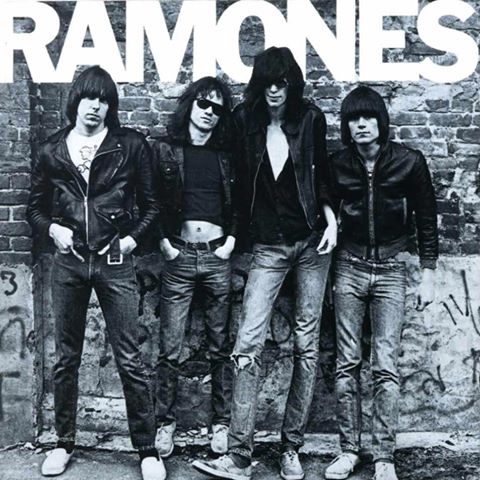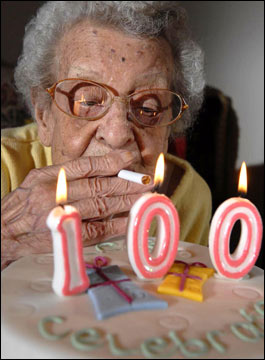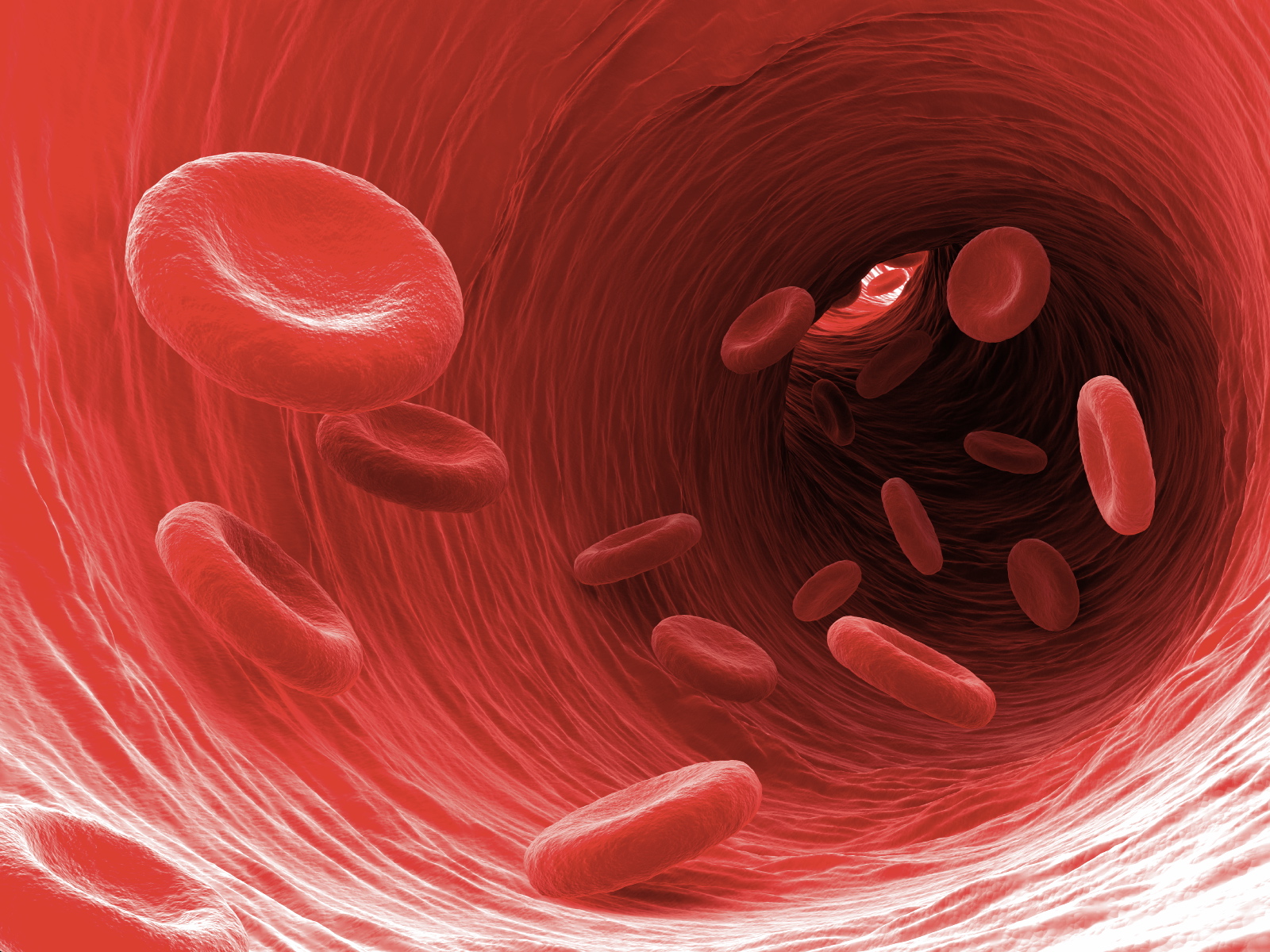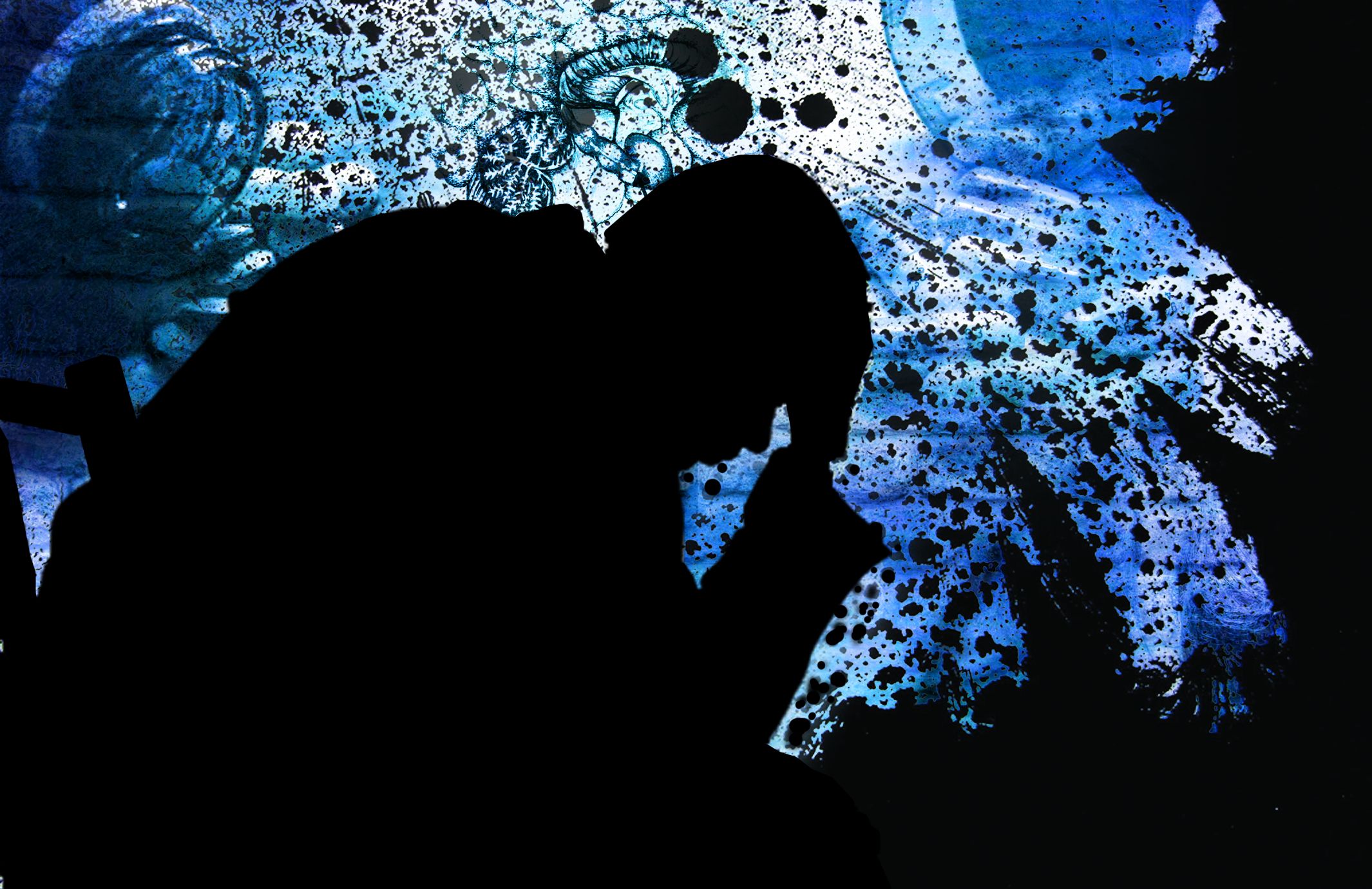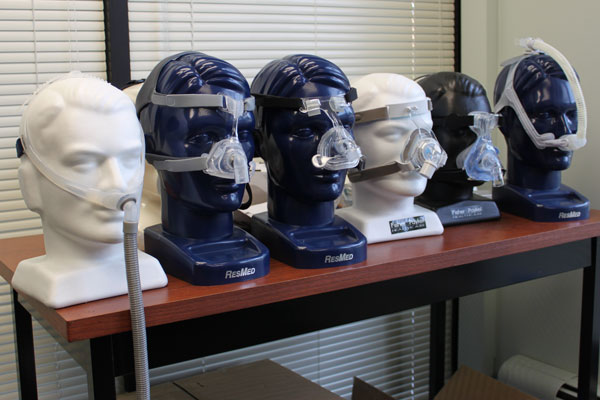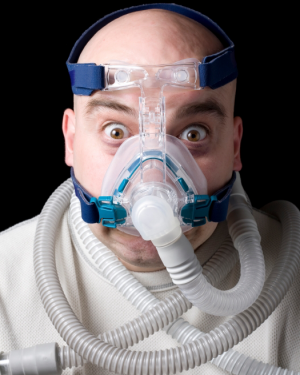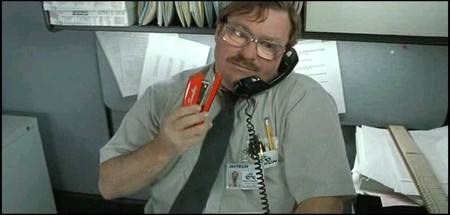At the breakfast table yesterday, Sean said, “Dad has many good qualities. None have anything to do with his body.”
I had good laugh over that and was amused enough to share it on Twitter and Facebook. Which brought this thoughtful response from a friend: “Little does he know what you’ve been through with your body. When he realizes, he’ll know that that’s your best quality!”
Mood music:
Sean knows, of course. He’s seen for himself what a crippled back did to me before I got that fixed, and he’s heard all about the Crohn’s Disease I had as a kid. He has seen the pictures of me bloated on Prednisone and the fourth-grade report card with 43 absences on it, 26 of them during the final semester that year. Whether he truly comprehends it all is another thing.
His witticism, though, was meant to get a reaction. Nothing more, nothing less. He knows I enjoy a good zinger, especially from him and his brother.
But there is a bigger lesson for the kids: bodies fall apart for different reasons and in the majority of cases, it need not prevent a person from living life to the full.
I have friends who test and break their limits with weight lifting, martial arts and the like. I admire them immensely but will never duplicate their achievements because I still have a spine that limits movement. I’ll also never be as thin or muscular as they are, for the same reason. The childhood intake of Prednisone, meanwhile, left me with permanently bad vision and more body hair than I’d like.
Despite my body’s imperfections, I still push myself in a variety of ways. I cut flour and sugar from my diet years ago. I’m a regular walker and always have been. I push myself hard on the career front and have been rewarded many times over. I’ve pushed myself to the outer limits in unraveling my mental disorders and getting them treated.
My body may not be what most consider attractive, but I’m proud of it. Because despite all the blows over the years, it keeps on working.
Does that excuse me from striving to be in better shape? Of course not. There’s still plenty I can do to control weight and muscle mass, and there are no good excuses for avoiding that work.
My bodybuilding friends overcame plenty of their own physical limitations to get to where they are. I admire them for that. They remind me of the older brother I lost in 1984. He didn’t get to live a long life, but despite the asthma that eventually killed him, he lifted weights religiously and was full of muscle. It was his way of not taking an ailment lying down.
I learned a lot from that, and I think Sean and Duncan are learning a lot from my broken-body adventures today.



